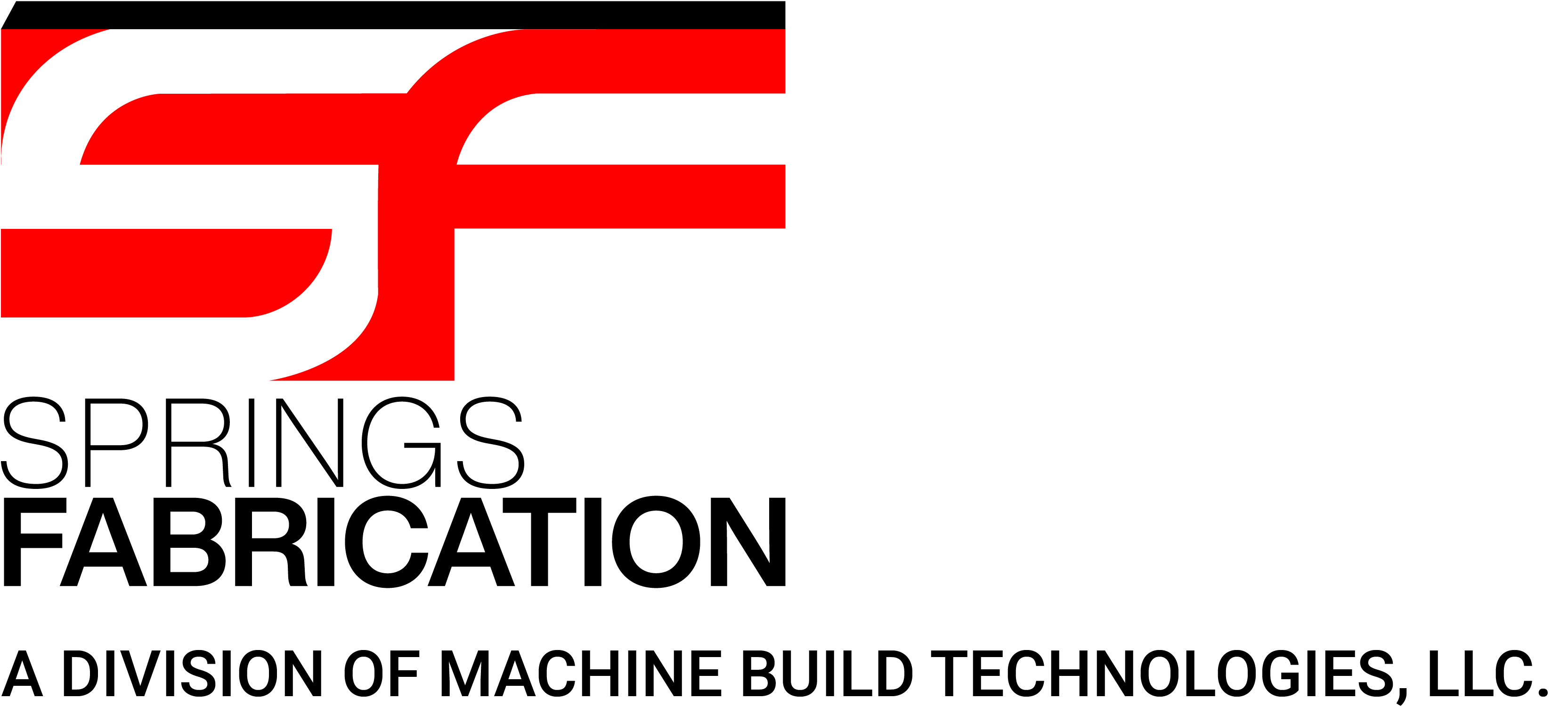Finding the Right ASME Pressure Vessel Fabricator
ASME pressure vessels are containers designed to hold gases or liquids at a pressure substantially different from the ambient pressure. The term "ASME" refers to the American Society of Mechanical Engineers, which is a professional organization that sets standards for the design, fabrication, and inspection of various engineering products and systems, including pressure vessels.
ASME has established a set of codes and standards, collectively known as the ASME Boiler and Pressure Vessel Code (BPVC), to ensure the safety and reliability of pressure vessels. The BPVC provides guidelines for the design, construction, inspection, and testing of pressure vessels, and it is widely adopted and recognized internationally.
ASME pressure vessels are commonly used in various industries such as chemical processing, oil and gas, power generation, and manufacturing. These vessels can take different forms, including tanks, boilers, and heat exchangers, and they are designed to withstand the internal pressure generated by the stored substance.
Key features of ASME pressure vessels include:
- Design Standards: ASME sets specific design criteria and standards that pressure vessels must meet to ensure their structural integrity and safety.
- Material Requirements: The ASME code specifies the acceptable materials for construction, taking into account factors like strength, corrosion resistance, and temperature resistance.
- Fabrication and Welding Standards: The code provides guidelines for the fabrication process, including welding procedures, to ensure the quality and integrity of the vessel.
- Inspection and Testing: ASME mandates rigorous inspection and testing procedures to verify that a pressure vessel meets the specified standards. This includes non-destructive testing methods such as radiography and ultrasonic testing.
- Certification: Pressure vessels that comply with ASME standards typically receive ASME certification, indicating that they meet the required safety and quality standards.
It's important to note that compliance with ASME standards is often a legal or contractual requirement, especially in jurisdictions where these standards are adopted by regulatory authorities. This helps ensure the safe operation of pressure vessels and reduces the risk of accidents or failures.
Springs Fabrication, based in Colorado, USA, has a reputation for delivering high-quality products and services related to metal fabrication, including ASME pressure vessels.
Springs Fab's ASME pressure vessel fabrication capabilities:
- Design Expertise: Springs Fab may have a team of engineers and designers with expertise in ASME codes and standards, allowing them to design pressure vessels that meet the specific needs and requirements of their clients.
- Fabrication Facilities: The company likely possesses advanced fabrication facilities equipped with the necessary machinery and tools to manufacture complex and precise pressure vessels. This includes cutting, welding, and forming processes to ensure the vessels meet ASME standards.
- Material Selection: Springs Fab may have experience working with a variety of materials suitable for pressure vessel construction, ensuring that the chosen materials meet the ASME code requirements for strength, corrosion resistance, and other critical factors.
- Quality Control: Adhering to ASME standards requires stringent quality control measures. Springs Fab may implement thorough inspection and testing procedures throughout the fabrication process to ensure that the finished pressure vessels meet the specified standards.
- Certifications: Reputable companies like Springs Fabrication often hold certifications that demonstrate their commitment to quality and compliance. This may include ASME certifications, indicating that their pressure vessels meet or exceed the standards set by the American Society of Mechanical Engineers.
Contact Springs Fab today for additional information on their ASME pressure vessel fabrication capabilities.
